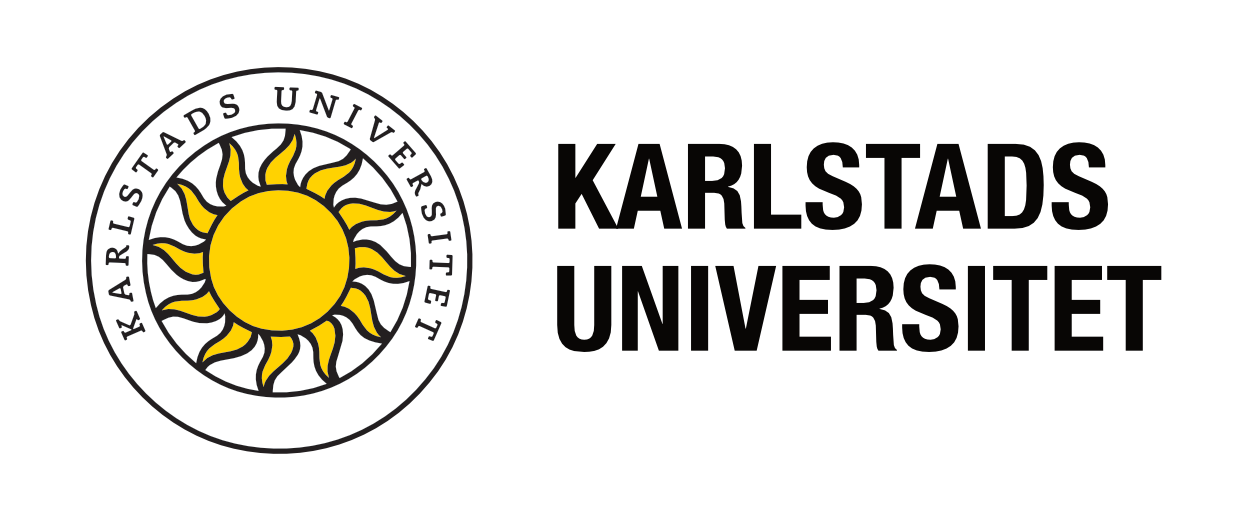The general principle for higher education is that it is voluntary for the student. The only mandatory element is the examination. However, certain course components can be made mandatory, even if they are not part of the examination. How?
It is the student’s responsibility to determine which of the educational activities we provide that he/she need in order to assimilate the course content and meet the requirements to pass. The only mandatory activity is the actual examination, which we as teachers need in order to issue a grade.
In practice, this can create certain problems when you as a teacher try to design learning activities that contribute to the students’ learning. One such example is when our well-grounded experience as teachers tells us that it requires a lot of hard work and effort to adopt a certain skill, e.g., improving one’s language skills. Another example is that many effective teaching methods require that the students work together, e.g. through group work, discussion exercises, giving peer feedback, etc. In order to create progression during a course (or programme), it can be a good idea to design activities that create progression, in other words, that the steps of the course/programme are based on the previous steps. It is part of the teacher’s role to identify effective activities that help students assimilate specific course content and reach intended learning outcomes. However, it can be difficult for individual students, who do not fully comprehend the content of the course or programme until towards the end, to see the purpose and value of separate study activities. If some of the students choose to only participate in some of the steps of the progression or group work, the pedagogical idea will also be undermined for those who choose to take part in all of the steps. Most teachers have probably sometimes wished that they could make certain learning activities mandatory without also having to include them in the examination.
But we can.
Regulations for first and second level education at Karlstad University (see search path below) allow for this option. Chapter 6, Sec. 3, Mandatory components, specifies when this applies:
”Mandatory components are permitted if necessary to achieve established aims and thus make up part of the examination in a particular course, or is of the type of component that students must participate actively in to acquire knowledge or skills.. [..] All planned mandatory components must be noted in the course syllabus and schedule.” *)
Key components in the teaching of the course can, in other words, be made mandatory if they are deemed necessary for the students to benefit from the course. It could, for example, be mandatory to participate in laboratory exercises before an examination if the course outcomes include the ability to work in a laboratory environment, or it could be mandatory to participate in conversational exercises if the course outcomes include the ability to have difficult conversations in specific situations (Such as work-related meetings).
This may be especially relevant when the most effective way of learning in order to reach a specific course outcome requires interaction between students, e.g. discussions, peer feedback, etc.
The important thing to note here is, thus, that mandatory components do not have to make up part of the examination, that is, be assessed and graded, but that they are activities with a pure learning purpose. This means that the students can participate and focus on exploring, testing and learning – in other words, they can risk failure without also risking a low grade. The activity is thus not about showing what you know, but about testing and learning how something works.
/Tomas Jansson, UPE
References
Dokumenthörnan > Universitetsgemensamma styrdokument – internt regelverk > Utbildning på grundnivå och avancerad nivå > Regler > Regler för utbildning på grundnivå och avancerad nivå vid Karlstads universitet, reviderad 2019-07-08/
*) NOTE: At this date (August 2022) the Regulations are avaliable in Swedish only, but a translation is on its way. The English excerpt above is our preliminary translation of the today published Swedish language version.

